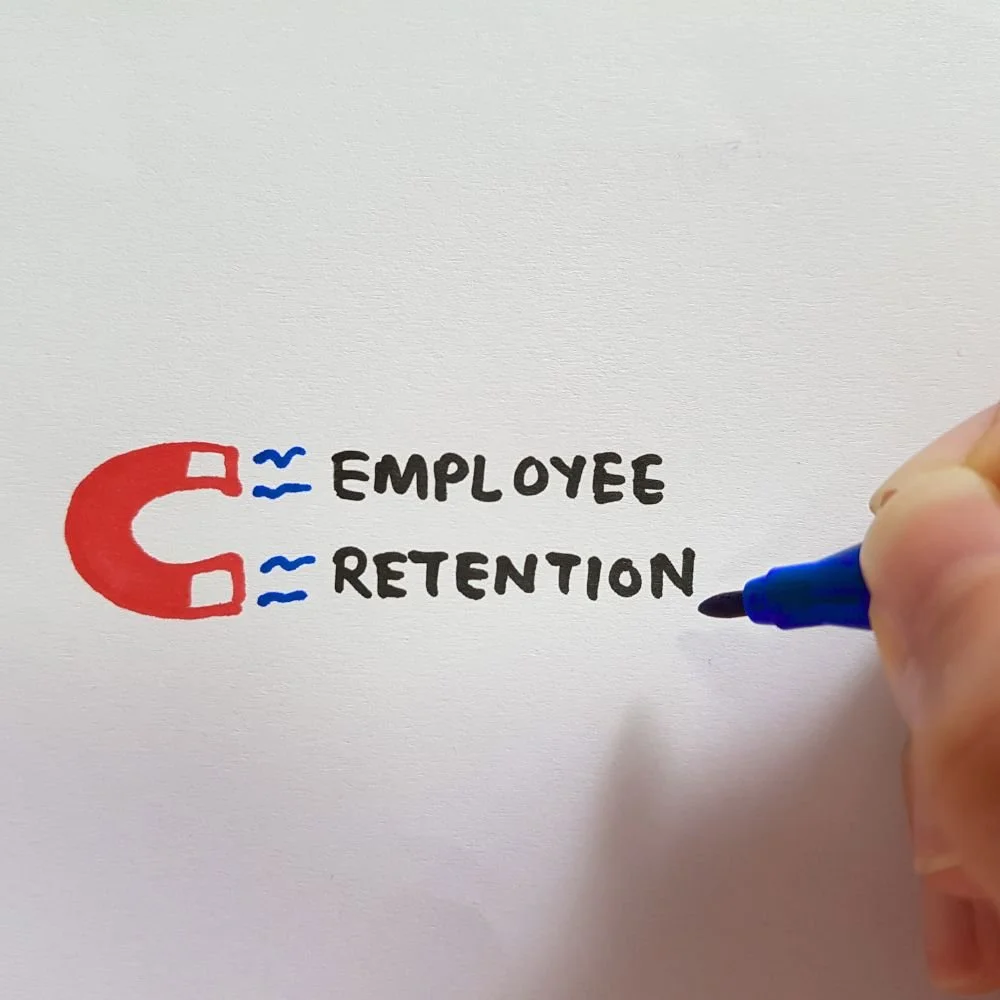An increase in minimum wage!
Great news: in April 2022, the government introduced an increase in the minimum wage.
Whenever there is an increase in the minimum wage, it always sparks debate and generates considerable interest. For many, this is exactly what is needed during the current challenging economic climate. However, for business owners and employers, it represents a shift in wage structures that requires careful thought and planning. Additionally, this also impacts those staff earning more than minimum wage.
Here is a little more on those changes from the Government site:
Why an Increase in the Minimum Wage Matters
On the surface, an increase in the minimum wage is a direct benefit for workers on lower pay rates. They see a financial gain that will help them with rising energy bills, rent, food bills and transport costs. Not only does this provide families with more financial stability, it also helps improve morale and motivation.
However, when employees at the lower end of the pay scale see a rise, the ripple effect to others in the workforce is significant and shouldn't be ignored. Staff who earn just above the minimum wage may start to feel undervalued if their salaries are not reviewed. After all, they may be more experienced, may have been with the company for longer, or they may take on more responsibilities. This is why companies must understand that the impact of an increase in the minimum wage goes far beyond those earning the legal minimum requirement.
The Hidden Ripple Effect of Wage Increases
Whilst an increase in the minimum wage is great news for those earning it, especially given the current climate, employers are more than aware of the effect it can have on their workforce. When new starters are suddenly earning close to, or the same as, experienced employees, resentment can grow quickly. This can lead to low morale, disengagement or employees seeking work elsewhere.
That's why businesses need to look at the increase in minimum wage holistically. Whilst they are not legally obliged to review salaries that are above the new minimum wage, there is a strong case for doing so. Even small increases or enhanced benefits can go a long way in making staff feel appreciated and fairly treated.
The Employer’s Responsibility
As recruiters, we recognise the importance of valuing staff, and at Swarm, we believe that everybody should be treated fairly. Therefore, while companies are legally obligated to increase the salaries of some, we do recommend that companies also offer salary and benefit reviews to everyone, where it is possible to do so.
Remember, an increase in the minimum wage is not just a financial issue; it’s a signal of how much the employment landscape is changing. Workers today are more informed, more connected, and more confident in seeking opportunities that value their skills and effort. If your company doesn’t show employees what they mean to you, your competitors will.
The Job Market is Evolving
The job market is offering more to workers than ever before. Opportunities for flexible working, hybrid arrangements, development programmes, and well-being initiatives are increasingly common. For employers, this means that it is no longer enough to simply pay the legal minimum and hope employees stay loyal. Retention strategies must go deeper, focusing on engagement, recognition, and tailored benefits.
That’s why an increase in the minimum wage should be seen as a reminder that it’s time to think about the bigger picture. What are you doing to keep your best people motivated? How are you showing that you value not just their time, but their contribution to your organisation?
Practical Steps Employers Can Take
It's time to open your diary and book reviews for your workers! Make time to discuss their performance, their goals, and what you can offer. Salary reviews are important, but if a pay rise isn’t realistic (after all, these are difficult times for businesses too), there are still plenty of options available to boost employee satisfaction.
Let's look at a few examples:
Flexible working options – Allowing staff to work from home, adjust their hours, or adopt a hybrid model.
Extra holiday days – A small but meaningful benefit that enhances work-life balance.
Healthcare packages – Providing access to mental health support, dental plans, or wellness initiatives.
Training and development opportunities – Showing that you’re willing to invest in their future growth. (Don't forget our sister company, Swarm Training, offers apprenticeship training in many business fields, which comes with Government funding.)
Recognition schemes – Celebrating achievements through awards, vouchers, or company-wide shoutouts.
Each of these demonstrates that your company values employees as individuals, not just as workers filling a role.
Looking Ahead
The truth is, an increase in the minimum wage is only one part of the bigger employment picture. It is both a challenge and an opportunity for businesses. The challenge comes in managing costs, balancing payroll budgets, and ensuring fairness across teams. The opportunity lies in strengthening your employer brand, building loyalty, and positioning your business as a place where people truly want to work.
Yes, compliance with the law is essential, but going beyond compliance is what sets great employers apart from average ones. Investing in your people, whether through pay, benefits, or culture, pays dividends in retention, productivity, and reputation.
Conclusion
If your business wants to retain great staff and attract new talent, now is the perfect time to review not just salaries but your overall employee offering. Open those conversations with your teams, consider alternative benefits if pay rises aren’t possible, and make sure you’re showing employees how much they matter.
If you would like any advice on how best to ensure you retain your current staff or attract new staff, then get in touch with us at Swarm Recruitment. We’re here to support employers in navigating these changes and making the most of the opportunities they present.




